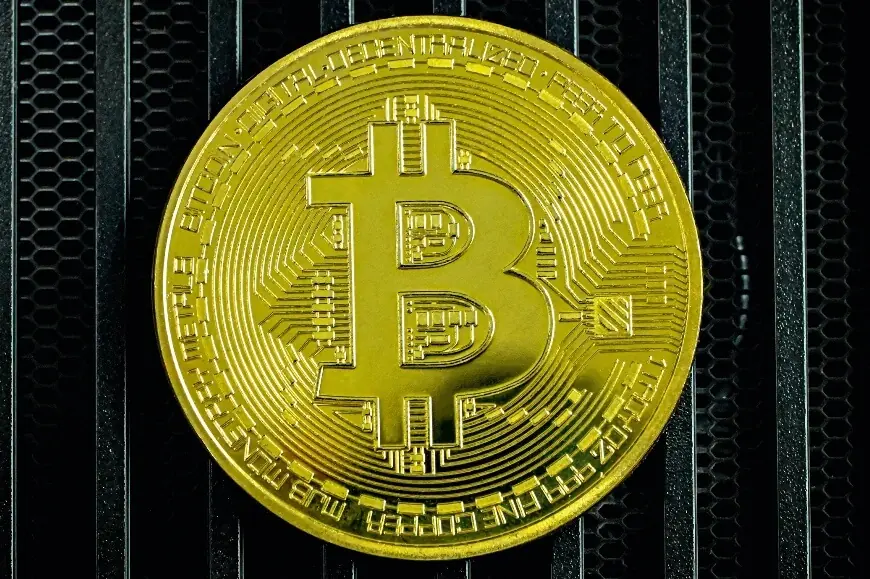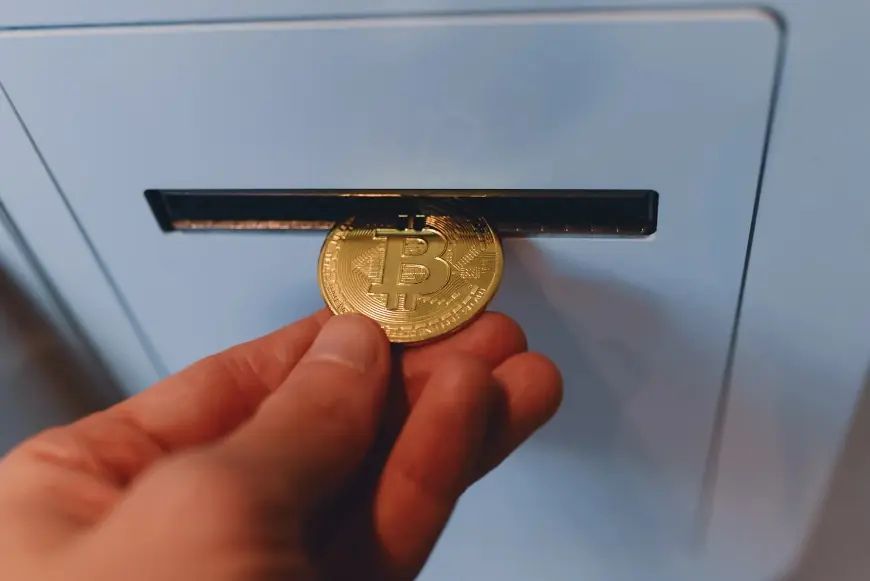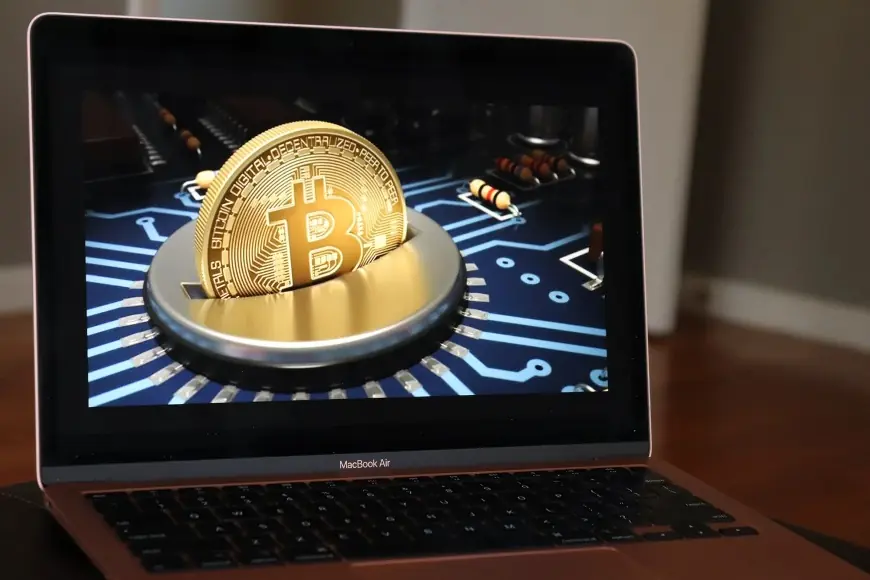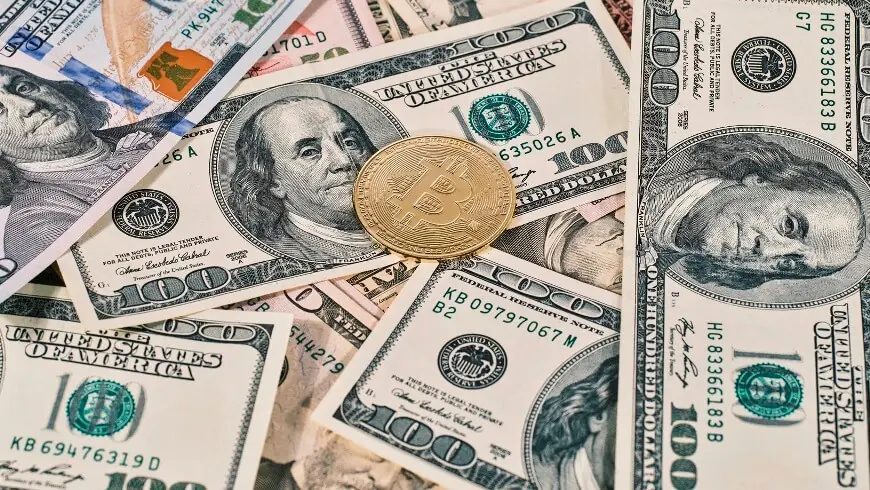

How to Buy and Send Bitcoins
Introduction
Many newcomers to the blockchain sphere have a common question: how to send money with Bitcoin and what fees are involved? While there are numerous methods and services available, it’s essential to focus on proven options that facilitate transferring money from a Bitcoin wallet.
Among these, J2TX stands out for its quality services, ensuring that assets are credited in mere seconds. The site also boasts an impressive section filled with reliable and engaging information, offering comprehensive reasoning and answers to crucial questions.
Additionally, J2TX provides an opportunity to invest in the future by buying the company’s tokens, which have a remarkable profitability potential of up to 50%.
J2TX represents a pathway to achieving your financial dreams.
Ways to Withdraw Cryptocurrency Earnings
Many people earning through cryptocurrencies eventually face the question: how to transfer BTC to a payment system that deals with fiat assets?
Popular methods for withdrawing BTC include:
-
Online exchangers
-
Cryptocurrency exchanges
-
Payment systems
-
Intermediary resources, among others.
How to Send Money with Bitcoin Through an Electronic Wallet
One common and popular method to convert cryptocurrencies into rubles or other fiat currencies is through electronic payment systems like Qiwi or Yandex.Money. In both cases, you will need to use third-party exchangers. To evaluate and choose a reliable exchanger, you can use the Bestchange service. Specify the exchange direction, such as BTC to Qiwi, and you will see a list of exchangers working in this direction, sorted by the profitability of the exchange rate.
Choose a suitable site, visit it, and fill out the required fields. The process will deduct a certain amount of BTC from your wallet, and the equivalent amount in rubles will be credited to your Qiwi or Yandex account.
For those who prefer not to search for third-party exchangers, LocalBitcoins offers a straightforward option. Simply use the BTC sales function on the platform and select from the available offers. The procedure is generally simple and quick, and the service is known for its reliability.
Withdrawing Bitcoins to PAYEER
PAYEER is a globally popular payment system that allows you to work with cryptocurrencies without commissions. It offers numerous ways to replenish your wallet and various options for withdrawing assets. The PAYEER MasterCard, a free bank card, enables you to buy BTC and withdraw cash anywhere in the world without commissions.
After a quick and straightforward registration on the PAYEER site, you can recharge your account with BTC or another fiat currency. Determine the deposit method and specify the amount of bitcoins to transfer to PAYEER. For withdrawing bitcoins, use the ‘Transfer’ tab, where you need to enter the withdrawal amount and payment purpose. Transfers to bank cards, other payment systems, and even mobile operator accounts are possible. Typically, a commission of 3 to 5 percent is charged for transactions.
How to Buy and Send Bitcoins Through WebMoney
Withdrawing money from a Bitcoin wallet to WebMoney is a popular option, as this electronic wallet is widely used. The key step is to open a special BTC account in the WebMoney application, known as WMX. Each unit of WMX corresponds to 1/1000 of a Bitcoin, meaning 1000 WMX equals 1 BTC.
The process of sending money with Bitcoin through WebMoney is straightforward. First, log in to the official WebMoney website and create an account if you haven’t already. As mentioned, you will need a WMX wallet.
Once added, the wallet will appear in the application and on the website with a 12-digit number and the index ‘X’. Double-clicking on it reveals full information about the account. Below the wallet number card, you will find the Bitcoin address for transfers.
After transferring Bitcoins to WMX, you can exchange them for another currency like dollars, rubles, euros, etc. This can be done using the built-in exchanger or third-party services, which often offer more favorable rates.
How to Send BTC via Exchanges
Using cryptocurrency exchanges to withdraw BTC is a popular option today. Sending money with Bitcoin through exchanges involves some form of mediation and typically incurs a commission fee, but it’s a viable option if others do not suit your needs.
The process can be slightly inconvenient as it requires registration on the exchange, and some platforms also require account verification, which takes additional time. If you’re looking to withdraw money from your Bitcoin wallet through exchanges, consider these trading platforms:
If using Exmo, for instance, register on the official website and navigate to the Wallet. Find BTC in the list and select the deposit option. In the opened window, create an address that must be copied. Then, a transfer from the Bitcoin wallet is made to this address.
Afterwards, exchange the funds in the exchange’s trading terminal and withdraw them through the wallet. At this stage, select the appropriate method for cashing out the fiat assets.
Withdrawal Through Intermediaries
You can send funds from Bitcoin through intermediary resources, including virtual exchangers and P2P services. A popular option is LocalBitcoins, an international platform that helps you find a buyer for BTC at a favorable rate.
Another well-known service is Bestchange, which assists in finding suitable exchangers. However, a more risky method is to seek a partner through forums. Engaging with someone unknown can be very risky. It’s advisable to withdraw coins this way only if you know and trust the person personally.
It’s better to avoid untested options and stick to reliable and practical methods. J2TX is a crypto exchange that has been operating for over 6 years. Here, you can start investing in Ethereum, buy tokens, and access useful information.
Enhance your future’s stability and confidence with J2TX!
F.A.Q.
1. Incredible Predictions for Bitcoin’s Value: $1 Million or a Crash?
Both scenarios are possible with Bitcoin. It could surge to $1 million and then plummet. Its future value is uncertain, and while it may never become worthless, a significant setback, such as a critical flaw in its source code, could drastically affect its value.
2. What Are the Risks with Bitcoin?
The value of BTC could be undermined by various factors: technical issues, regulatory actions, negative perceptions regarding its environmental impact, or unforeseen developments. Additionally, a shift in public interests could lessen its appeal.
3.Will Governments Intervene in Bitcoin’s Operations?
Government intervention is likely, as seen in Washington’s regulation of Bitcoin futures by the Commodity Futures Trading Commission. Increased regulation might actually aid in Bitcoin’s mainstream acceptance and legalization.
4. Could Cryptocurrencies Replace Traditional Currencies?
It seems unlikely. Janet Yellen of the Federal Reserve indicated that while central banks are exploring digital currencies, they differ significantly from cryptocurrencies like Bitcoin, which she described as volatile and risky.
5. Impact of Cryptocurrencies on the Global Market
Even if Bitcoin collapses, its impact on the broader financial markets is expected to be minimal. Its market capitalization is relatively small, and it’s not intertwined with the real economy or banking system. A total crash would be similar to a minor dip in the stock market.
6. Bitcoin’s Future in Retail Transactions
Bitcoin’s adoption in retail depends on its advantages over current payment methods. If it offers lower transaction costs, some merchants might adopt it. However, widespread use is unlikely until its price stabilizes.
7. Cryptocurrency vs. Credit Cards for the Average Buyer
Currently, the average buyer might not find significant advantages in using cryptocurrencies over credit cards, except for maintaining anonymity in certain transactions.
8. Cryptocurrency’s Share in Global Economic Activity
Cryptocurrencies account for a very small percentage of global economic activity. However, Bitcoin is notably used in a significant amount of criminal transactions.”



